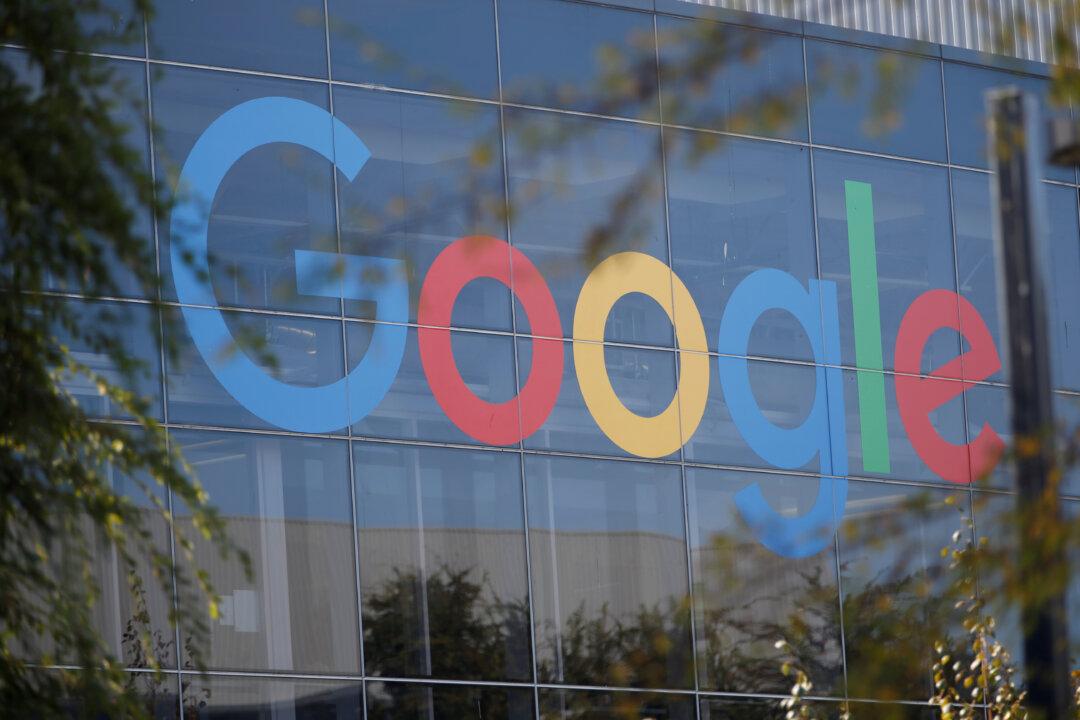At a time when Big Tech is facing historic scrutiny under the Trump administration, with antitrust probes by the Justice Department and the Federal Trade Commission, experts say a Biden-Harris administration could signal a return to the friendly stance held during the Obama era toward Silicon Valley.
This change could affect ongoing federal investigations, experts told The Epoch Times, with some saying it could even end the probes. They note the pair have made little mention of antitrust or other concerns plaguing the tech industry.





